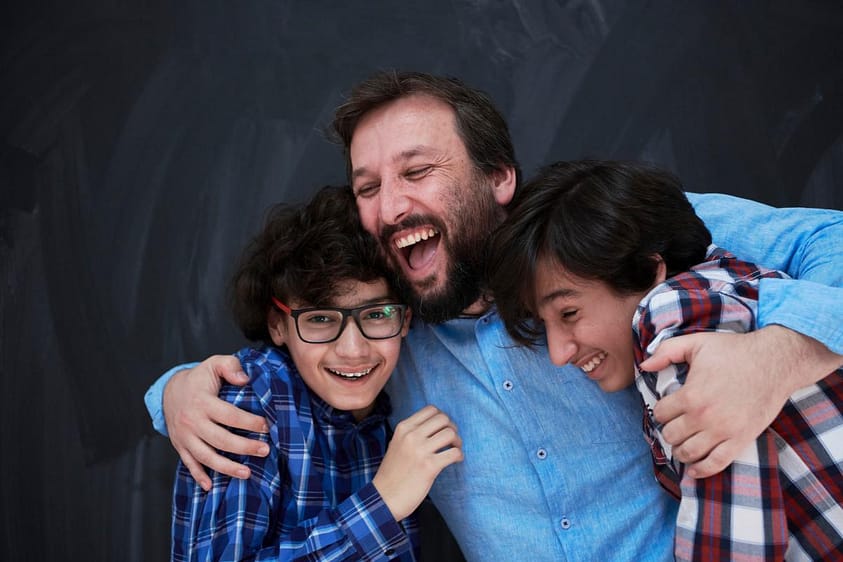Group and family therapy can be powerful tools for helping teens recover from substance use disorders and other mental illnesses. They have been used in treatment for decades, and even groups such as Alcoholics Anonymous and Narcotics Anonymous include group sessions as a pivotal component of the recovery process.
If your adolescent is struggling with a substance use disorder, starting a treatment program at Foothills at Red Oak Recovery might be just what they need. Our program offers expansive group therapy, individual therapy, and family therapy options to help teenage boys build the tools they need to recover.
Contact our team today by calling 866.300.5275 to learn more about our comprehensive program.
What Is Group Therapy?
Group therapy is a process where multiple clients with similar concerns gather to discuss their struggles, successes, and challenges in recovery. Group therapy sessions are typically led by an experienced group therapist who can guide the discussion and provide counsel.
While group therapy began as a way to let therapists provide their services to more than one person at once—and thereby reduce costs—they quickly found that the power of the group offered benefits that differed from what they could produce alone. This revelation cuts to the core of how group therapy helps and what you can expect.
How Do Group Therapy Sessions Help?
Group therapy has several benefits:
- They provide peer support from people who understand
- They are a space for people to share their struggles, challenges, and successes
- Group members have the opportunity to give back what they’ve learned to others
- They provide social proof that recovery is possible from people with similar experiences
These components work together to make group therapy one of the most beneficial treatments for substance use disorders.
Often, the family and friends of a person struggling with substance use disorder face a common rebuttal when they try to help: “You just don’t understand.” This is often correct unless you’ve struggled with a substance use disorder.
Group therapy fixes this problem by surrounding the person struggling with people who understand. They’ve had a similar experience with substance use disorders and often go through several trials and tribulations.
Importantly, some group members have come out the other side of these challenges. They can use that experience to help and inspire others. The connections clients can build in group therapy are a vital part of the process.
Examples of Group Therapy Sessions
But group therapy can treat far more than addiction alone. Several different kinds of group therapy can help people deal with various problems. Examples of group therapy sessions include:
- Family therapy: Where groups of families come together and share how substance use disorder or other mental health struggles have affected the family unit
- Anger management: Where people who struggle with aggressive or explosive behavior meet to share how they can overcome their anger
- Mental health groups: A place where people with a similar mental illness can share techniques and strategies that help them deal with their symptoms
Group therapy has quickly become an effective treatment method for all psychological and behavioral problems. Its inclusion is a hallmark of any effective treatment center.
Start Treatment at Foothills at Red Oak Recovery Today
Finding a treatment center that offers group therapy and other treatments can make all the difference if your teen boy is struggling with substance use disorder and co-occurring disorders.
Foothills at Red Oak Recovery is designed specifically for adolescent males who struggle with these problems. We focus on bringing evidence-based therapies and effective treatment to teenage boys who need it the most.
When you’re ready to start treatment, call our team at 866.300.5275 to learn more about our extensive programming options, and help your adolescent child start the path to recovery today.





